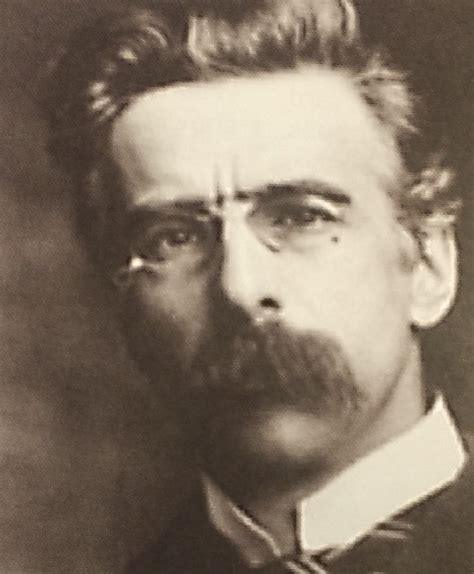A Quote by Mason Cooley
Against classical philosophy: thinking about eternity or the immensity of the universe does not lessen my unhappiness.
Quote Topics
Related Quotes
I read about eastern philosophy and religion and existentialism. All that introspective thinking got me thinking about the great beyond. That turned my sights from inwards to outwards, and I started becoming interested in the makeup of the universe, and I started reading about astronomy, planets, and galaxies.
I would say to anybody who thinks that all the problems in philosophy can be translated into empirically verifiable answers - whether it be a Lawrence Krauss thinking that physics is rendering philosophy obsolete or a Sam Harris thinking that neuroscience is rendering moral philosophy obsolete - that it takes an awful lot of philosophy - philosophy of science in the first case, moral philosophy in the second - even to demonstrate the relevance of these empirical sciences.
We are living in an inspiring and unimaginably large universe. Contemplating the immensity of our cosmos can make you feel very small and insignificant. But think about it. You have 37.2 trillion cells in your body. There is vastness outside you and vastness inside you. You are connected to this mystery, you are a microcosm of the universe, and every aspect of your life benefits from the universe's provision.
About the 50th hour, I was going to start thinking about the edge of the universe. Is there an edge? Is this an envelope we're living inside of, or no, does it go onto infinity in both time and space? And there's nothing like swimming for 50 hours in the ocean that gets you thinking about things like this.
Eternity isn't some later time. Eternity isn't a long time. Eternity has nothing to do with time. Eternity is that dimension of here and now which thinking and time cuts out. This is it. And if you don't get it here, you won't get it anywhere. And the experience of eternity right here and now is the function of life.
If we consider what science already has enabled men to know-the immensity of space, the fantastic philosophy of the stars, the infinite smallness of the composition of atoms, the macrocosm whereby we succeed only in creating outlines and translating a measure into numbers without our minds being able to form any concrete idea of it-we remain astounded by the enormous machinery of the universe.
...there ... remains a huge following [of Ayn Rand's philosophy] of those who ignore the indiscretions, infidelities, and moral inconsistencies of the founder and focus instead on the positive aspects of her philosophy. There is much in it to admire, if you do not have to accept the whole package... Criticism of the founder or followers of a philosophy does not, by itself, constitute a negation of any part of the philosophy... Criticism of part of a philosophy does not gainsay the whole.





































